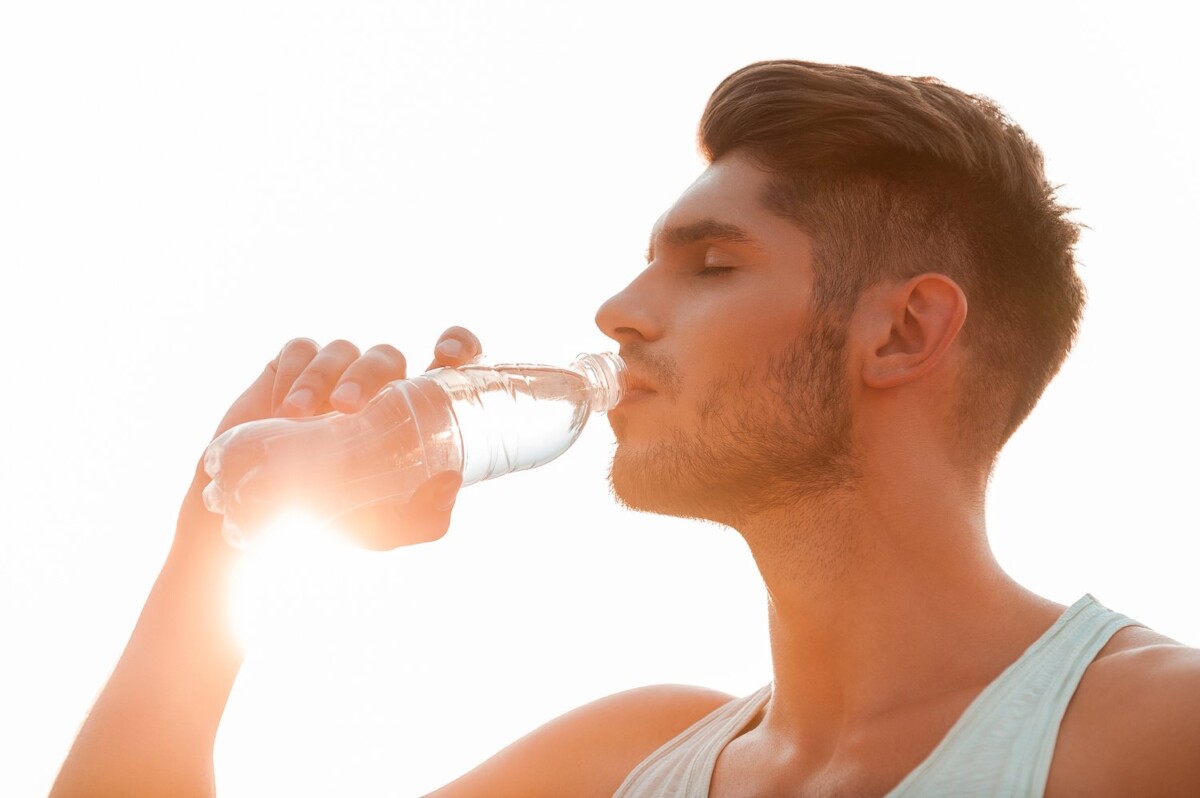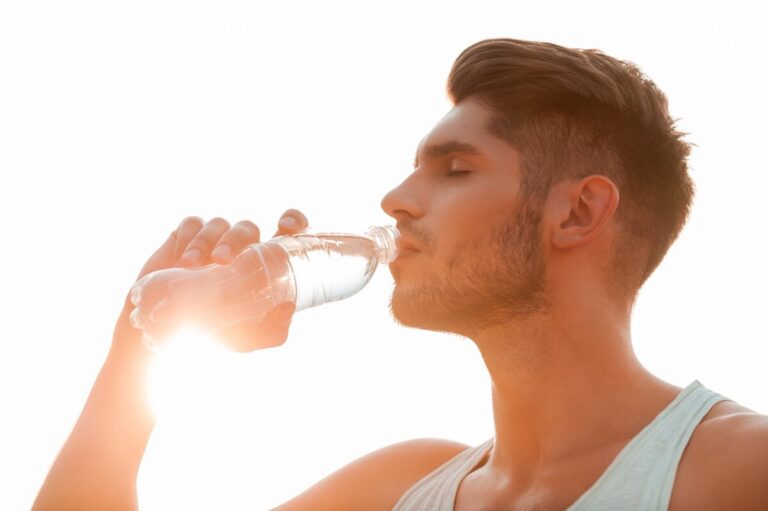Water, the clear, odorless liquid we often take for granted, is the very essence of life. Composing about 60% of our body weight, water plays a crucial role in virtually every function, from regulating temperature and transporting nutrients to lubricating joints and flushing toxins. Yet, despite its vital importance, many of us fall short of our daily hydration needs, leading to a cascade of adverse health consequences. Explore the power of hydration and its significant impact on our overall well-being.
More than just quenching thirst: The crucial roles of water
Our bodies rely on water for a multitude of essential functions. Here are some key ways water impacts our health:
Temperature regulation: Your body’s natural air conditioner
Imagine yourself running on a hot day. Water acts as your internal cooling system, absorbing heat and releasing it through sweat, preventing you from overheating. Proper hydration ensures efficient sweat production, regulating your core temperature and allowing for optimal physical performance.
Nutrient delivery: The essential courier
Water is the transportation network for nutrients, carrying essential vitamins, minerals, and electrolytes throughout your body. These vital elements fuel your cells, enabling them to function correctly and maintain overall health.
Waste removal: Flushing out the toxins
Water is a natural detoxifier, flushing waste products and toxins through urine, sweat, and bowel movements. Adequate hydration prevents waste build-up, which can contribute to various health issues, including fatigue, headaches, and even kidney stones.
Lubrication and cushioning: Keeping your body in motion
Water lubricates your joints, allowing for smooth movement and reducing friction. It also cushions your spinal cord and other sensitive tissues, protecting them from impact and shock. This can help prevent injuries and pain, especially for athletes and active individuals.
Brain function: Fueling your thinking power
Did you know that your brain is about 73% water? Studies show mild dehydration can negatively impact cognitive function, decreasing concentration, memory lapses, and even impaired mood. Staying hydrated keeps your brain sharp, focused, and ready to tackle any mental challenge.
Read More:
How Positive Thinking Boosts Mental and Physical Health
The consequences of dehydration: When your body runs dry
Dehydration occurs when your body loses more fluids than it takes in. While mild dehydration can cause noticeable effects, severe dehydration can be life-threatening. Here are some potential consequences of inadequate water intake:
- Fatigue and low energy: When your body lacks water, it struggles to perform its essential functions, leading to tiredness and a lack of energy.
- Headaches: Dehydration can trigger headaches by causing blood volume to decrease and impacting blood flow to the brain.
- Digestive problems: Constipation is a common dehydration symptom as water helps move food through your digestive system.
- Kidney stones: Dehydration increases the risk of developing kidney stones by concentrating urine and allowing minerals to crystallize.
- Skin problems: Dry, flaky skin is a telltale sign of dehydration. Water is essential for maintaining skin hydration and elasticity.
- Urinary tract infections (UTIs): Dehydration can increase your risk of UTIs by allowing bacteria to multiply in the bladder.
How much water do you need? Personalizing your hydration
While the often-quoted “eight glasses of water per day” rule serves as a general guideline, your individual water needs can vary depending on several factors, including:
- Age: Children and older adults generally have higher fluid requirements than healthy adults.
- Activity level: Physically active individuals must replenish the fluids lost through sweat.
- Climate: Hot and humid environments increase your need for water to compensate for sweating.
- Medical conditions: Certain medical conditions may require adjustments to water intake.
It is essential to consult with your healthcare provider for personalized recommendations based on your specific needs and health situation.
Tips for staying hydrated: Making water your best friend
Incorporating healthy hydration habits into your daily routine is crucial for optimal health and well-being. Here are some practical tips:
- Carry a reusable water bottle: Keep it readily available and refill it daily.
- Set reminders: Use alarms or apps to remind yourself to drink water regularly.
- Flavor it up: Add slices of fruits, cucumber, or herbs to your water for a refreshing twist.
- Choose water over sugary drinks: Opt for water instead of sodas and juices.
- Track your intake: Use water tracking apps or monitor your urine color (pale yellow indicates good hydration).
- Eat water-rich foods: Fruits, vegetables, and soups can increase your daily fluid intake.










